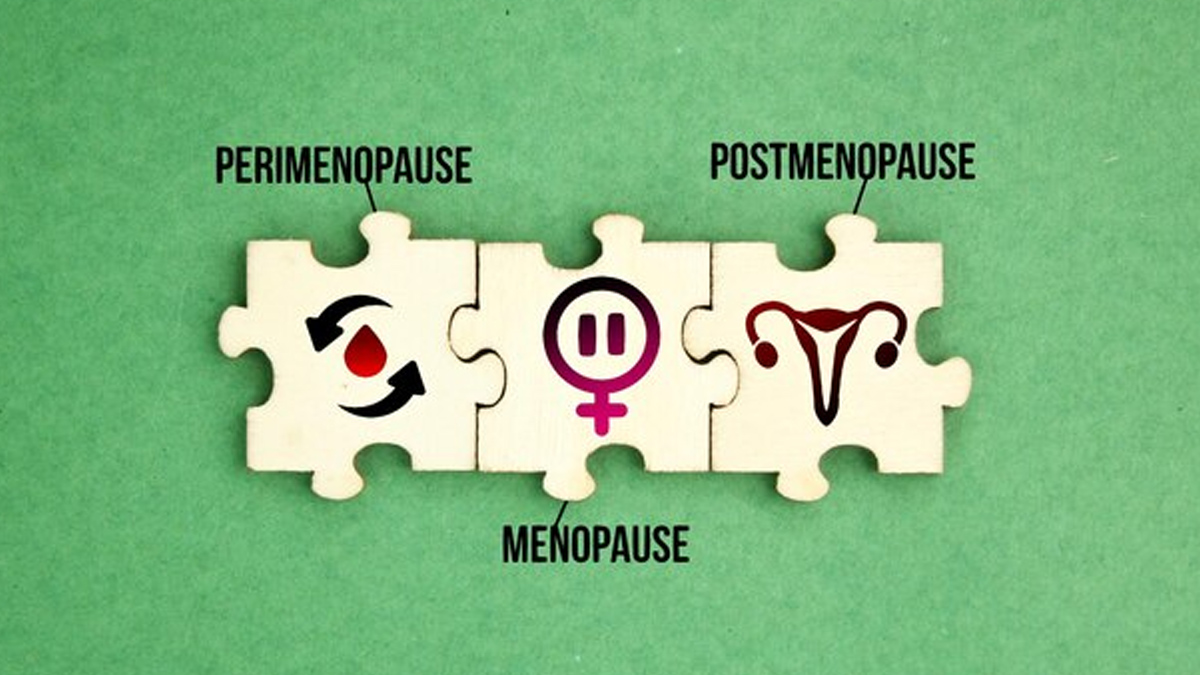
Hormones impact almost every part of life, from mood swings to energy levels. But did you know they can also influence seizures? For some women, epilepsy becomes more intense during their periods or when they reach menopause. This is because hormonal shifts, especially changes in oestrogen and progesterone levels, can affect brain activity. We spoke to Dr Meera Jindal, Consultant Fertility Specialist, Oasis Fertility, Hyderabad, who explained how to manage epilepsy during different phases of life.
Table of Content:-
Link Between Hormones and Seizures

“The amount of oestrogen and progesterone produced in a woman’s body is the same. However, in the case of those who develop epileptic seizures, oestrogen, which is also known as the excitatory hormone, is produced in higher amounts than progesterone (inhibitory hormone),” explained Dr Jindal. This makes your nervous system excitable and leads to greater susceptibility to epilepsy. Although these hormones do not directly cause seizures, they can influence the nervous system and affect when seizures occur.
According to a 2008 study, during perimenopause, the balance between oestrogen and progesterone hormones shifts, which can trigger more frequent or severe seizures, especially in women whose seizures follow a menstrual cycle pattern.
Menstruation and Seizures

“Some girls suffer from severe seizures during phases when their hormones are changing, especially during their first periods or during their menstrual periods. In other cases, some of them develop a particular pattern of epilepsy called ‘Catamenial Epilepsy’, where epileptic seizures are affected by the menstrual cycle,” added Dr Jindal. Though the exact cause is not known, doctors view that due to a large amount of oestrogen in their body, especially during the ovulation phase, females will tend to suffer from epilepsy.
Also, they will develop seizures when their progesterone levels drop, which occurs during or after periods. However, when a woman reaches menopause, some of them do not experience seizures at all, especially those with catamenial epilepsy. Still, those who suffer from other types of seizures experience it after menopause as well.
One can manage seizures across various life stages of women by understanding the fluctuations of hormone levels that impact seizure activity. This involves the use of medications or additional treatments during periods of hormonal change, particularly around menstruation and perimenopause.
Also Read: Is Your Child ‘Zoning Out’ Too Often? Know All About Absence Seizures And Management Tips
Managing Seizures During Menstruation

- Medication adjustments: Consult your doctor about potentially increasing your anti-seizure medication dosage around expected hormonal fluctuations.
- Progesterone therapy: For some women, supplemental progesterone medication during the luteal phase of the menstrual cycle may help reduce seizures.
- Lifestyle modifications:
i. Regular sleep schedule: Maintaining consistent sleep patterns can help manage seizures
ii. Stress management: Relaxation exercises can help you manage stress
iii. Hydration: Staying hydrated can help mitigate potential triggers
Perimenopause and Menopause

Hormonal Fluctuations
Women experience fluctuating in their hormone levels during perimenopause, which can again lead to changes in seizure frequency. “As explained earlier, with more levels of oestrogen generated during the perimenopause phase than progesterone, there are greater chances of women suffering from epileptic seizures,” said Dr Jindal.
In some cases, women or young girls with epilepsy may notice an increase or decrease in seizure frequency during that phase. Hence, tracking hormonal changes and seeking the aid of healthcare experts can help you reduce or minimise seizures effectively.
Hormone Replacement Therapy (HRT)
HRT involves administering oestrogen and progesterone hormones within a physiological range to menopausal women. Doctors typically prescribe HRT to alleviate symptoms, such as mood swings, hot flashes, night sweats, vaginal dryness, and bone density loss.
Open Communication With Your Doctor
Regularly discuss changes in your menstrual cycle, seizure patterns, and medication needs with your healthcare provider.
Detailed Seizure Diary
Keeping a detailed record of seizure occurrences, including the timing of your menstrual cycle, can be crucial for diagnosis and treatment planning.
Bottomline
Dr Jindal concluded, "Women with epilepsy can still have a safe and healthy pregnancy due to the advances in medical science. With the right medication, which is safe for both mother and baby, pregnancy can be a relatively low-risk journey for these patients. Also, it is crucial to note that not all types of epilepsy get transmitted to the offspring. You should speak to your doctor to understand the specific risks and chances of transmission."
[Disclaimer: This article contains information provided by an expert and is for informational purposes only. Hence, we advise you to consult your professional if you are dealing with any health issue to avoid complications.]
Also watch this video
How we keep this article up to date:
We work with experts and keep a close eye on the latest in health and wellness. Whenever there is a new research or helpful information, we update our articles with accurate and useful advice.
Current Version